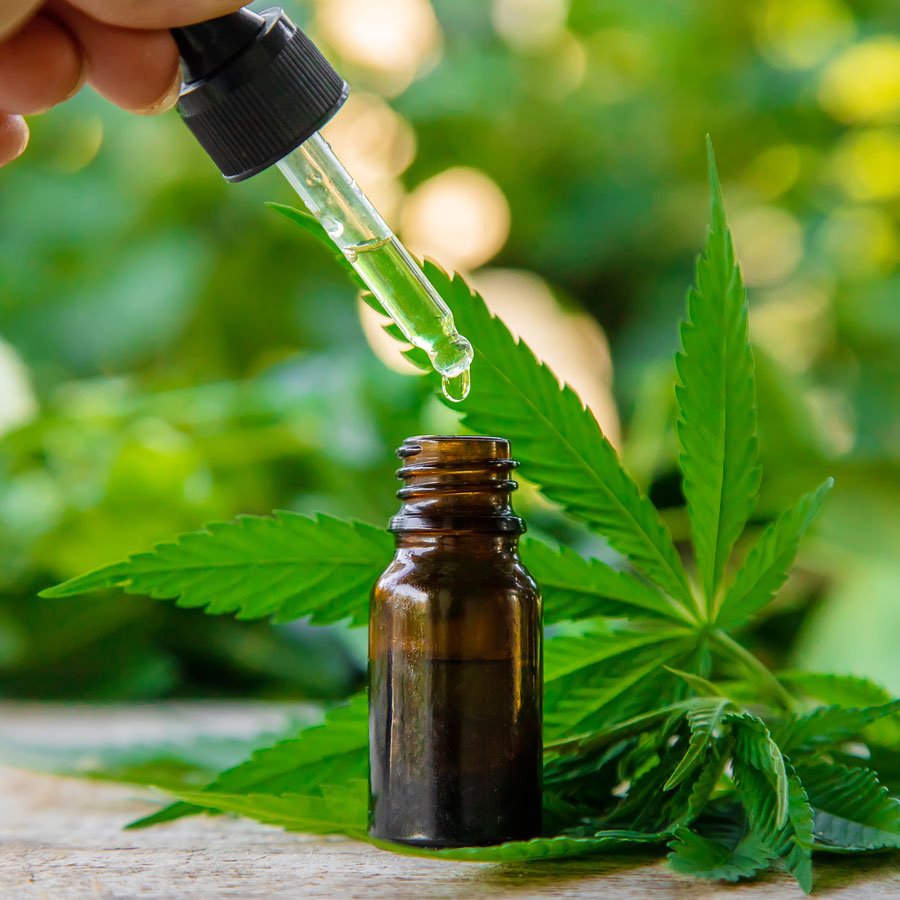Insomnia — an unsolicited intruder that sabotages our sleep, leaving behind a trail of tired eyes and frazzled nerves. If you’ve grappled with those restless nights, you’ve likely scoured the internet or even your grandma’s home remedies looking for a solution. Recently, Cannabidiol (CBD), a compound derived from the cannabis plant, has emerged as a popular natural remedy. But can it truly help you sleep better?
The Basics: What is CBD?
CBD, short for Cannabidiol, is one of over a hundred compounds found in the cannabis plant. Unlike THC (tetrahydrocannabinol), its psychoactive counterpart, CBD doesn’t get you “high.” Instead, it’s been lauded for potential therapeutic benefits, including anxiety reduction, pain relief, and yes, improved sleep.
CBD and Sleep: What Does Science Say
Let’s get a bit technical for a moment, shall we?
Preliminary studies and anecdotal reports suggest that CBD might enhance sleep by addressing factors that cause insomnia. Some research indicates CBD could address pain, while other studies highlight its potential in reducing anxiety — both key culprits behind sleep disturbances.
For instance, a 2019 study discovered that 66.7% of its participants experienced improved sleep upon CBD consumption. However, it’s important to underline the word ‘preliminary.’ There’s still a vast world of sleep research to delve into. While these findings are promising, they’re not conclusive.
What About Those Sleep Cycles?
Sleep isn’t just a monolithic block of unconsciousness. Delve deeper, and you’ll encounter intricate cycles with distinct stages.
Some CBD proponents believe that the compound doesn’t necessarily help you fall asleep but instead enhances the quality of your sleep. By affecting the third phase, known as deep sleep, CBD might aid in reducing the dream phase, typically associated with more restless sleep. It’s a fascinating theory, isn’t it? But, it’s still a theory. More in-depth studies are needed to validate these claims.
Dosage and Consumption: The Tricky Part
Say you’re curious. You want to try CBD for your sleep woes. But here’s where it gets a tad complicated: how much should you take?
Dosage varies greatly among individuals. Factors like body weight, metabolism, and the very nature of your insomnia play a role. Some find relief with as little as 10mg, while others might need 160mg or even more. It’s like baking a cake; sometimes, you have to adjust the ingredients based on the humidity of the day or the brand of flour you’re using.
Potential Side Effects: A Word of Caution
Okay, a short and direct point: CBD is relatively safe. But, like all things, it’s not without its potential hiccups. Side effects may include dry mouth, diarrhea, reduced appetite, and fatigue. It’s essential to be informed, right?
The Verdict: Can CBD Help You Sleep Better?
Here we are, at the crux of our journey. Can CBD help you sleep better? The answer is beautifully perplexing — perhaps.
Preliminary findings are promising. Many swear by its sleep-enhancing abilities, and some studies indeed support this. However, as is often the case with budding research areas, definitive answers remain just out of reach, cloaked in layers of scientific complexity.
Wrapping Up: A Thought to Ponder
Sleep, that elusive creature, remains an enigma. While CBD offers a shimmering promise, it’s essential to approach it with both curiosity and caution. Research diligently, consult with a medical professional, and most importantly, listen to your body. After all, when it comes to restful slumber, every detail counts.
Remember, whether you’re contemplating CBD or any other remedy, the journey to a good night’s sleep is unique for everyone. But isn’t that the beauty of it? Sleep, like life, is a puzzle waiting to be solved. And maybe, just maybe, CBD is one piece of that intricate mosaic.


